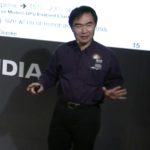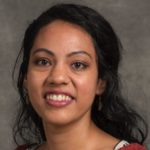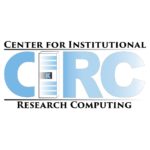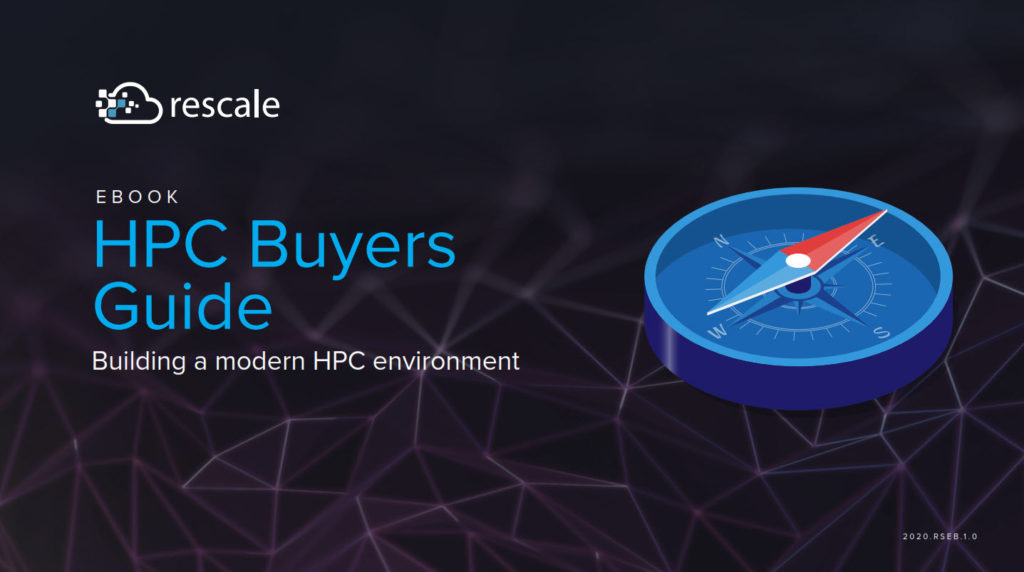Today ACM announced that that Dr. Satoshi Matsuoka will receive the annual HPDC Achievement Award for his pioneering research in the design, implementation, and application of high performance systems and software tools for parallel and distributed systems. “ACM HPDC is one of the top international conferences in the field of Computer Science / High Performance Calculation, and among them, I am delighted to have won the Society Career Award for the first time as a Japanese.”
Search Results for: computation
Satoshi Matsuoka to receive High Performance Parallel Distributed Computation Achievement Award
PASC18 Panel to Focus on Fast and Big Data, Fast and Big Computation
Today the PASC18 conference announced that this year’s panel discussion will focus on the central theme of the conference: “Fast and Big Data, Fast and Big Computation.” Are these two worlds evolving and converging together? Or is HPC facing a game-changing moment as the appetite for computation in the scientific computing community and industry is for a different type of computation than what we’re used to?
DOE INCITE Program Seeks Advanced Computational Research Proposals for 2019
The DOE Innovative and Novel Computational Impact on Theory and Experiment (INCITE) program is now seeking proposals for high-impact, computationally intensive research campaigns in a broad array of science, engineering and computer science domains. “From April 16 to June 22, 2018, INCITE’s open call provides an opportunity for researchers to pursue transformational advances in science and technology through large allocations of computer time and supporting resources at the Argonne Leadership Computing Facility (ALCF) and the Oak Ridge Leadership Computing Facility (OLCF). The ALCF and OLCF are DOE Office of Science User Facilities. Open to researchers from academia, industry and government agencies, the INCITE program will award 50 percent of the allocable time on DOE’s leadership-class supercomputers: the ALCF’s Mira and Theta systems and the OLCF’s Summit and Titan systems.”
Scratch to Supercomputers: Bottoms-up Build of Large-scale Computational Lensing Software
Gilles Fourestey from EPFL gave this talk at the Swiss HPC Conference. “LENSTOOL is a gravitational lensing software that models mass distribution of galaxies and clusters. It is used to obtain sub-percent precision measurements of the total mass in galaxy clusters and constrain the dark matter self-interaction cross-section, a crucial ingredient to understanding its nature.”
Satoshi Matsuoka Moves to RIKEN Center for Computational Science
Satoshi Matsuoka from the Tokyo Tech writes that he is taking on a new role at RIKEN to foster the deployment of the Post-K computer. “From April 1st I have become the Director of Riken Center for Computational Science, to lead the K-Computer & Post-K development, and the next gen HPC research. Riken R-CCS Director is my main job, but I also retain my Professorship at Tokyo Tech. and lead my lab there & also lead a group for AIST-Tokyo Tech joint RWBC-OIL.”
Intel AVX Gives Numerical Computations in Java a Big Boost
Recent Intel® enhancements to Java enable faster and better numerical computing. In particular, the Java Virtual Machine (JVM) now uses the Fused Multiply Add (FMA) instructions on Intel Intel Xeon® PhiTM processors with Advanced Vector Instructions (Intel AVX) to implement the Open JDK9 Math.fma()API. This gives significant performance improvements for matrix multiplications, the most basic computation found in most HPC, Machine Learning, and AI applications.
Overcoming Roadblocks in Computational Networks
Mariam Kiran is using an early-career research award from DOE’s Office of Science to develop methods combining machine-learning algorithms with parallel computing to optimize such networks. “This type of science and the problems it can address can make a real impact, Kiran says. “That’s what excites me about research – that we can improve or provide solutions to real-world problems.”
TACC and DOD to Co-Develop Novel Computational Approaches
Today the Texas Advanced Computing Center announced a partnership with the U.S. Department of Defense to provide researchers with access to advanced computing resources as part of an effort to develop novel computational approaches for complex manufacturing and design problems. “TRADES, which stands for TRAnsformative DESign, is a program within the DOD Defense Advanced Research Projects Agency (DARPA). The essence of the program is to synthesize components of complex mechanical platforms (e.g., ground vehicles, ships, or air and space craft), which leverage advanced materials and manufacturing methods such as direct digital manufacturing.
Job of the Week: Computational Scientist at Washington State University
The Center for Institutional Research Computing at Washington State University is seeking a Computational Scientist in our Job of the Week. “This position will play a key role in assisting the research community in the development and optimization of applications on high-performance computing clusters across a broad spectrum of application domains.”
Job of the Week: Computational Scientist at Virginia Tech
Virginia Tech is seeking a Computational Scientist in our Job of the Week. “In this faculty role, you will develop and teach science and engineering educational programs; workshops, lecture series, and for credit courses, for Virginia Tech faculty and students. Pursue a research agenda and collaborate with other Virginia Tech science, engineering, and outside discipline faculty to create opportunities and projects for external grants.”










